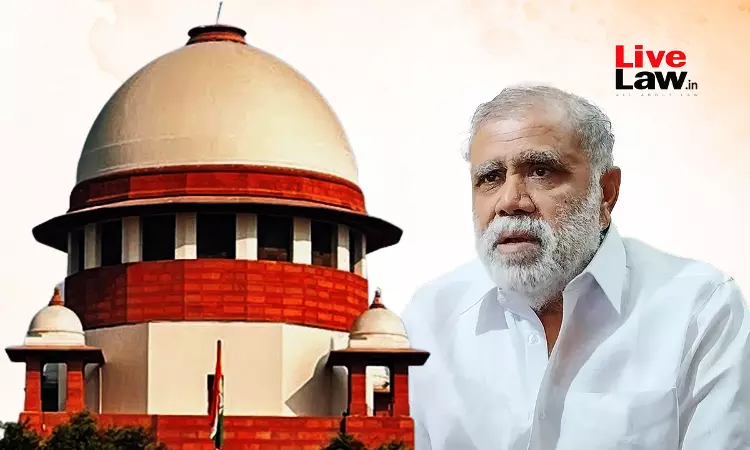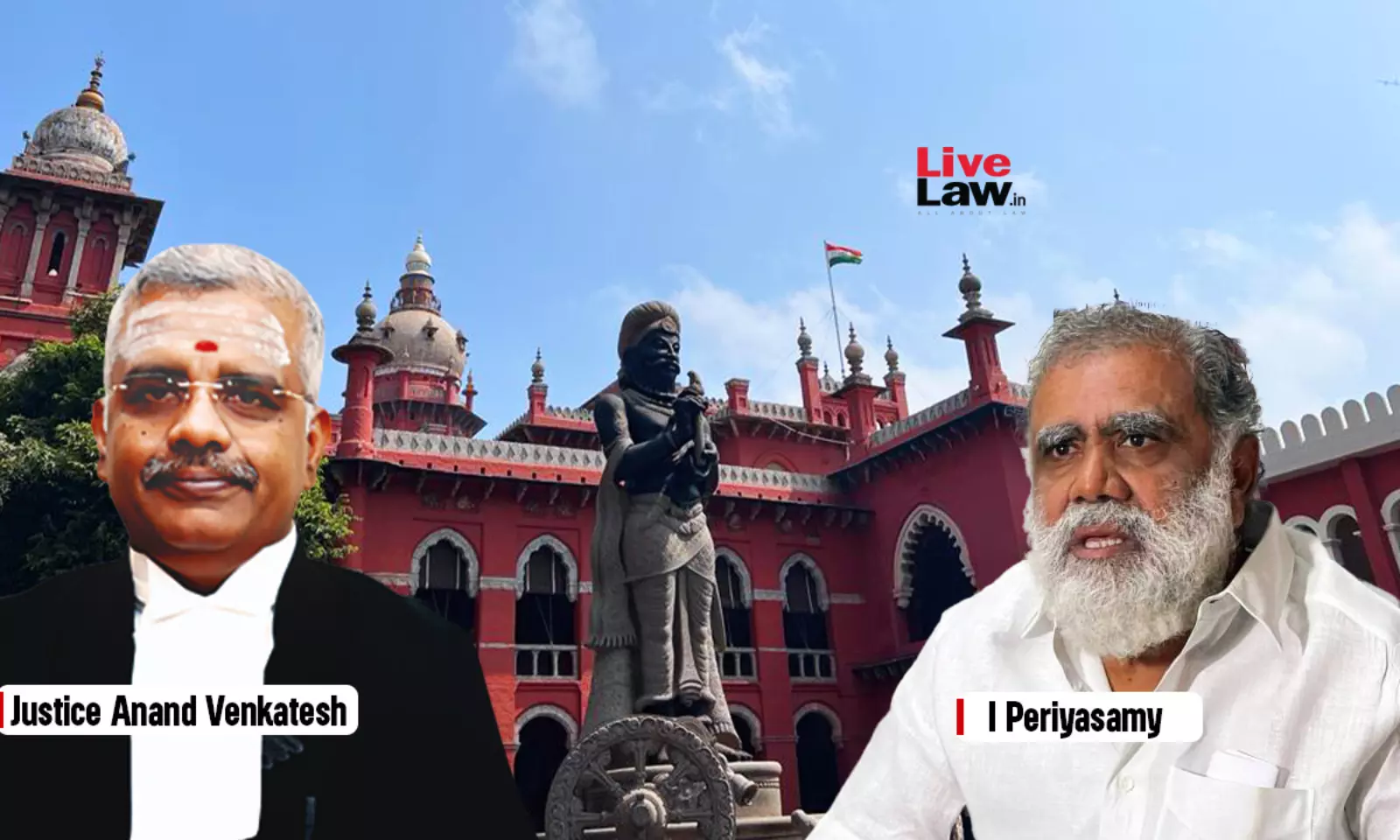Introduction
Tamil Nadu Rural Development Minister I. Periyasamy stands at the crossroads. The Supreme Court has agreed to hear his plea, challenging the Madras High Court’s order for his trial in a corruption case. As the spotlight shifts to the highest judicial forum, questions of accountability, justice, and political implications loom large. Let us delve into the saga of I. Periyasamy—a man caught in the storm of allegations and legal intricacies.
The Allegations: A Web of Intrigue
The backdrop is murky—a labyrinth of political maneuvers, graft, and alleged misuse of power. I. Periyasamy, once a rising star in the DMK party, now faces the specter of trial. The corruption case revolves around the allocation of a Tamil Nadu Housing Board plot during his tenure as Minister for Revenue and Housing from 2006 to 2011. The Enforcement Directorate (ED) alleges kickbacks, irregularities, and a web of intrigue.
The High Court’s Verdict: A Setback for Periyasamy
The Madras High Court dealt a blow to I. Periyasamy. In a ruling that reverberated across political circles, the court set aside the trial court’s discharge order. The corruption case was reopened, and Periyasamy was directed to stand trial. The legal intricacies unfolded—the nuances of evidence, the weight of allegations, and the delicate balance between justice and political expediency.
The High Court’s Ruling: Unraveling the Legal Threads
The Madras High Court’s decision reverberated through legal circles, political corridors, and public discourse. Here are the key aspects of the ruling:
- Discharge Order Overturned:
- The trial court’s earlier discharge order, which had absolved I. Periyasamy from facing trial, was set aside.
- The High Court’s judgment effectively reopened the case, thrusting Periyasamy back into the legal spotlight.
- Allegations Revisited:
- The corruption case centers around the allocation of a Tamil Nadu Housing Board plot during Periyasamy’s tenure as Minister for Revenue and Housing.
- The Enforcement Directorate (ED) alleges that kickbacks and irregularities marred the process, implicating the minister.
- The Weight of Evidence:
- The High Court meticulously examined the evidence presented by the ED.
- It concluded that there were substantial grounds to proceed with a trial, rejecting the argument that the arrest and remand were unjust.
- Conspiracy and Involvement:
- The court’s verdict hinted at a “conspiracy”—a cryptic web of intrigue surrounding the case.
- It pointed to Periyasamy’s “active involvement in using the proceeds of crime.”
- Legal Nuances:
- The ruling dissected the nuances of legal provisions, including the requirement for prior sanction under Section 197 of the Indian Penal Code and Section 19(1) of the Prevention of Corruption Act.
- Periyasamy’s defense hinges on the contention that the sanction issued by the state assembly speaker was limited in scope.
- Political Implications:
- The verdict has far-reaching consequences for the DMK government, which came to power in 2021.
- It tests the party’s commitment to accountability and transparency.
Periyasamy’s Dilemma: A Balancing Act
As I. Periyasamy prepares to appeal before the Supreme Court, he faces a delicate balancing act:
- Legal Battle: His legal team must craft a robust defense, emphasizing procedural nuances and challenging the allegations.
- Political Landscape: The DMK leadership watches closely. Periyasamy’s actions as a cabinet minister are under scrutiny, and the party’s reputation is at stake.
- Public Perception: The court of public opinion weighs in. Voters demand transparency, integrity, and answers.
Periyasamy’s Defense: Seeking Justice and Accountability
I. Periyasamy’s legal team has swung into action. His counsel pleaded for an urgent hearing before the Supreme Court. In an application filed through advocate Ram Sankar, Periyasamy sought the apex court’s direction for deferment of trial and exemption from personal appearance in the graft case before a Chennai court. The crux of his defense lies in the requirement for prior sanction under Section 197 of the Indian Penal Code and Section 19(1) of the Prevention of Corruption Act. Periyasamy contends that the sanction issued by the state assembly speaker was limited to the allegation under the Prevention of Corruption Act, 1988, and that the governor is the competent authority for granting such sanction.
The Political Landscape: Implications and Challenges
Beyond the legal intricacies lies the political fallout. I. Periyasamy, a seasoned politician, faces a litmus test. His actions as a cabinet minister are under scrutiny, and the trial court’s discharge order has been overturned. The DMK government, which came to power in 2021, must navigate the delicate balance between accountability and party loyalty. The opposition watches—their rhetoric sharpened, their demands for transparency louder.
Conclusion: The Apex Court’s Verdict Awaits
As the Supreme Court prepares to hear I. Periyasamy’s plea, the nation watches. The fate of a minister, the integrity of the judicial process, and the soul of democracy hang in the balance. The corridors of power echo with legal arguments, political calculations, and the weight of public trust. The apex court’s verdict will shape not only Periyasamy’s destiny but also the contours of justice in a complex and ever-evolving political landscape.
Disclaimer: This article is a fictional creation and does not reflect real-world events.
Note: The views expressed in this article are those of the author and do not necessarily represent the official stance of any organization or government.

